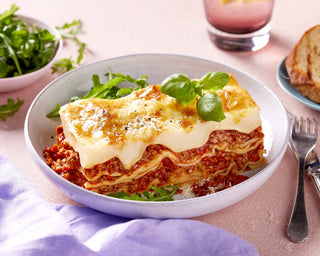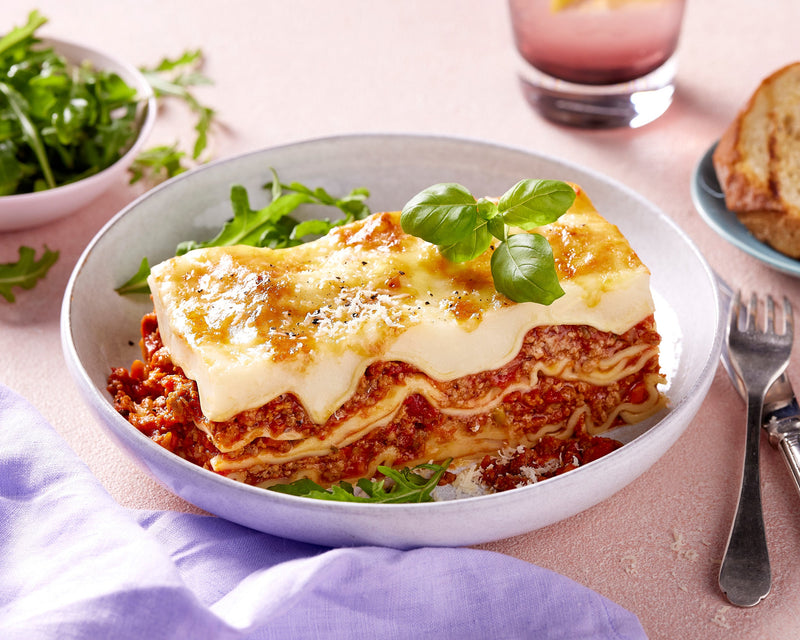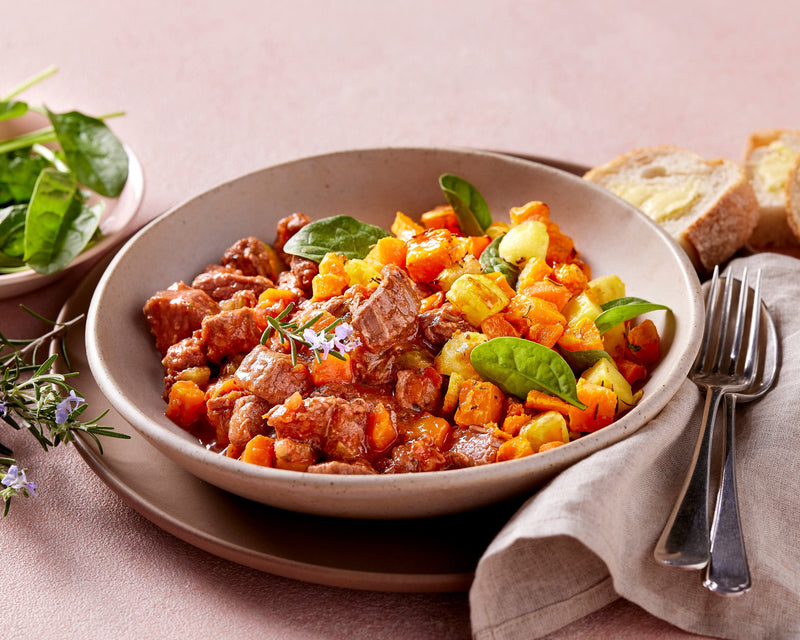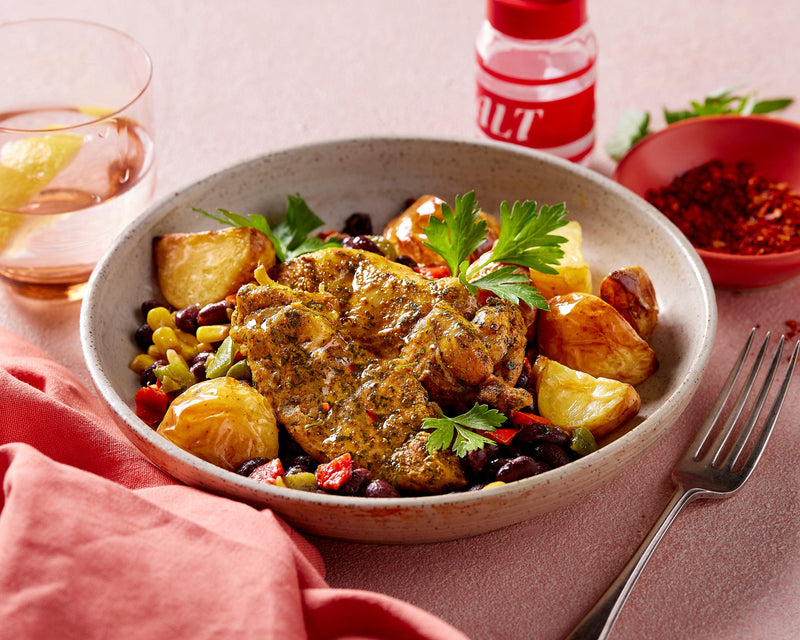
Alas, the dreaded flu season has arrived. If you’re lucky enough to have escaped the onslaught of runny noses, headaches and that lingering cough so far, well done. However, if you’re thinking your captain invincible, winter has only just begun, and flu season usually peaks in August. Fear not, however, there may be extra ways to help fend off the flu this season on top of getting the flu shot. Read on to find out more about immune-boosting nutrients and practical tips to help prevent the flu this season.
Food and Immunity
Food and adequate nutrition play an important role in immunity in fact, malnutrition is the most common cause of immunodeficiency globally. Deficiencies in protein and energy alone are known to affect:
- Phagocyte function (these eat bacteria and turn them into smaller cells)
- Lower immunoglobulin-A antibody concentrations (this help protect against mucous infections) and
- Cytokine production (this signals the body to attaaack) (1).
Aside from just getting enough protein and energy, adequate intake of zinc, selenium, iron, vitamins A, C, E and B6 can also play an important role in fending off the nasties (2).
Be mindful however when it comes to nutrition, overdoing it can also be harmful as overnutrition and obesity can also lower immunity so it’s all about balance people. balance.

Immune Boosting Nutrients
Vitamin C
We’ve all heard it before, eat more citrus fruits for vitamin C to ease your cold and flu symptoms! Potential links between the two involve vitamin C being a potent antioxidant, contributing to immune responses through both the innate and adaptive defense systems. On top of this, it accumulates inside immune cells and assists in microbial killing – woo! Studies on megadoses have found that 6 x 100mg of vitamin C administered saw an 85% reduction in flu and cold symptoms. However despite being heavily researched the topic remains controversial as dosages reduce the severity and duration of symptoms but don’t prevent them. Moreover other studies have found no effect for doses larger than 1g… which is equivalent to 20 oranges so I think we’re all okay on that front too.
Examples include: Kiwi fruit, strawberries, broccoli
Protein
Protein doesn’t just only assist with muscle growth, satiety and mood but it’s also plays a huge role in immune function as it forms the building blocks of many immune cells and the immune system overall. Extensive studies are also available that suggests deficiencies in protein significantly reduces immunocompetence as well.
Examples include lean protein, poultry, eggs, nuts.
Omega – 3
Aside from its heart protective factors, dietary omega 3’s is also known to display anti-inflammatory effects that boost immunity. Interestingly, this study found that modified versions of omega-3 showed increased survival in mice models that were infected by strains of the flu. However, this area of research is still new, so more research is necessary. That aside, we’re all for eating more omega-3’s whether it be to help with flu symptoms or not.
Examples include oily fish, nuts and seeds, flaxseed oil.
Zinc
One of the most underrated nutrients IMO and deserving of much more recognition than what it has. Deficiencies in zinc can impair lymphocyte responses, lower T-cells and IL-2 production which are all key players in cell-signalling and producing antibodies to fight off foreign substances.
Fortunately changes in the immune system are often reversed within weeks when zinc intake is consumed through nutritional counselling or supplementation. Examples include meat, legumes, seeds.
Flu Remedies – Fact or Fiction?
Onion/Garlic
I don’t know about you but as soon as someone in my family gets sick mum instantly chops up onions thinking they absorb them germs and nasties. To my mother’s dismay, there is no scientific evidence to support this claim.
Elderberries
According to this study here, elderberries have antiviral properties that can help fight off an infection (including the flu) from entering and replicating in human cells. These properties were thought to stem from the phytochemical contents inside the plants that not only inhibited the flu virus from replicating but also stimulated other cells to release cytokines (that cell we talked about earlier that tells the body to attaaack). Though a safe, cost-effective remedy, replicated findings in a larger study are still needed.
Avoiding Dairy
Stemmed from the belief that eating dairy produces mucus and thicker saliva, many believe that avoiding dairy helps with symptoms of the flu. Again, there’s not much evidence available between the two however as milk is an emulsion it can cause that thicker saliva feeling. Removing dairy probably won’t cure you from the cold we’re afraid, but they may help with managing that icky feeling you sometimes get with thicker saliva and congestion.
Starve a Fever
We’ve mentioned it before in a previous blog written by our head dietitian but severe kilojoule restriction can weaken your immune defence. Whilst one study found that fasting could stimulate an immune response against fevers this was based on a small study sample and had very little merit to it.
Practical Tips
Food aside, there are also other practical tips to follow to help ward off the flu:
- Stay at home - No buts, no excuses. Doesn’t matter what deadline you have at work or uni, coming into work puts others at risk and can affect the team more than if you were to stay at home.
- Open a window – as hard as it can be especially in this winter, get some air flow circulating in the area.
- Sneeze into your elbow – this one’s a given, it keeps your hands germ-free so you don’t spread the germy love.
- Sleep – get some rest, catch up on your zzz’s it will do you a world of wonder.
- Finally, if you haven’t already – get your flu shot!
References:
- Chandra R. Nutrition and the Immune System: An Introduction. Am J Clin Nutr 1997 Aug; 66 (2): 460S-463S - https://www.ncbi.nlm.nih.gov/pubmed/9250133
- Chandra R. Immunocompetence in undernutrition. J Pediatri. 81:1194-1200 https://www.jpeds.com/article/S0022-3476(72)80262-2/pdf










